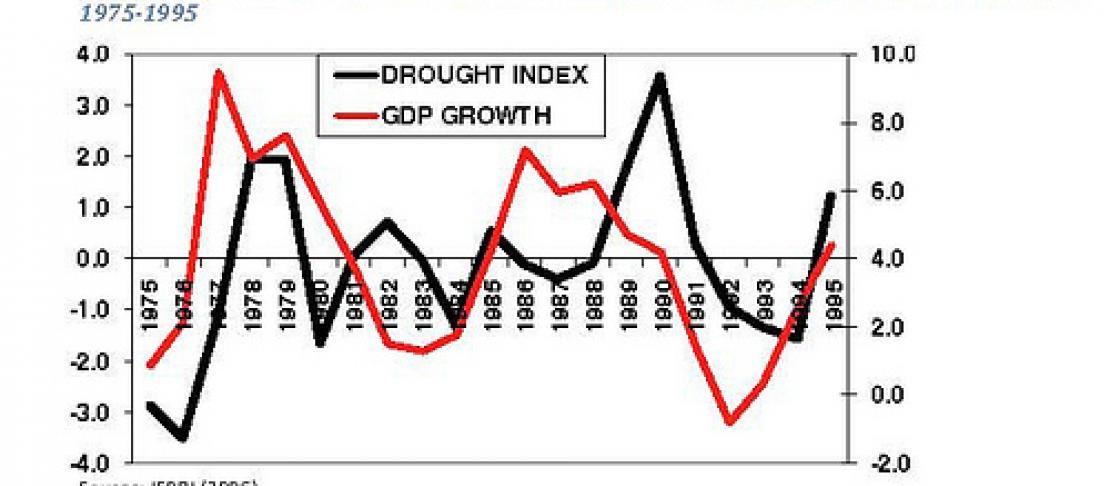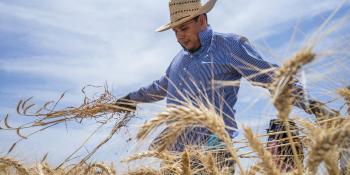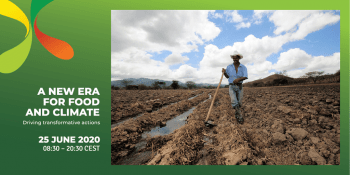Research addressing climate change and the Horn of Africa drought

A new analysis of the Horn of Africa famine by Oxfam's Duncan Green looks at what is known so far about its causes, and what can be done. We've covered this issue before, noting that it's impossible to link the devastating East Africa drought with climate change but there are many connections.
Green concludes that whether this extreme weather incident is linked to climate change or not, it is an indication of what may come as such incidents become more commonplace.
Says Green:
"the famine shows the extreme vulnerability of poor people to weather events like failed rains. Governments and the international community have to save lives now, but also act to reduce that chronic vulnerability, building local ability to manage the drought cycle, improving the flow of data, information and ideas for adapting to climate change, and drastically increasing long-term investment in smallholder agriculture and pastoralism, which have shown they can provide a decent life for millions of east Africans, provided they are supported (rather than ignored) by governments."
The CGIAR Climate Program recently released a report on Hotspots of Climate Change and Food Insecurity which showed areas worldwide where agriculture -- and people -- would be most at risk from climatic change. The report was led by researchers at the International Livestock Research Institute (ILRI). Other relevant research from ILRI includes a report on the predicted impacts of climate change on Kenya (where the above figure comes from), and check their blog for some excellent coverage of the situation in East Africa.
CGIAR Climate is also undertaking research on managing climate risks, for example by putting climate forecasts into farmers' hands and integrating climate science with disaster risk management.
Meanwhile, the CCAFS-convened Commission on Sustainable Agriculture and Climate Change, is bringing together 13 of the world's top agricultural experts to produce a set of recommendations to help the world achieve sustainable agriculture in the face of climate change. Their report will be published at the end of this year.
For more updates from the CCAFS program and from our partners, be sure to sign up for e-updates, follow us on twitter, and of course read our blog. Your comments are welcome below.
Figure above from: Climate Variability and Climate Change: Impacts on Kenyan Agriculture, Note #1 about a 'Kenya Smallholder Climate Change Adaptation' project conducted by ILRI and the International Food Policy Research Institute (IFPRI), October 2010, by Mario Herrero, Claudia Ringler, Jeannette van de Steeg, Philip Thornton, Tingju Zhu, Elizabeth Bryan, Abisalom Omolo, Jawoo Koo and An Notenbaert (figure by IFPRI 2006). Get the report...


